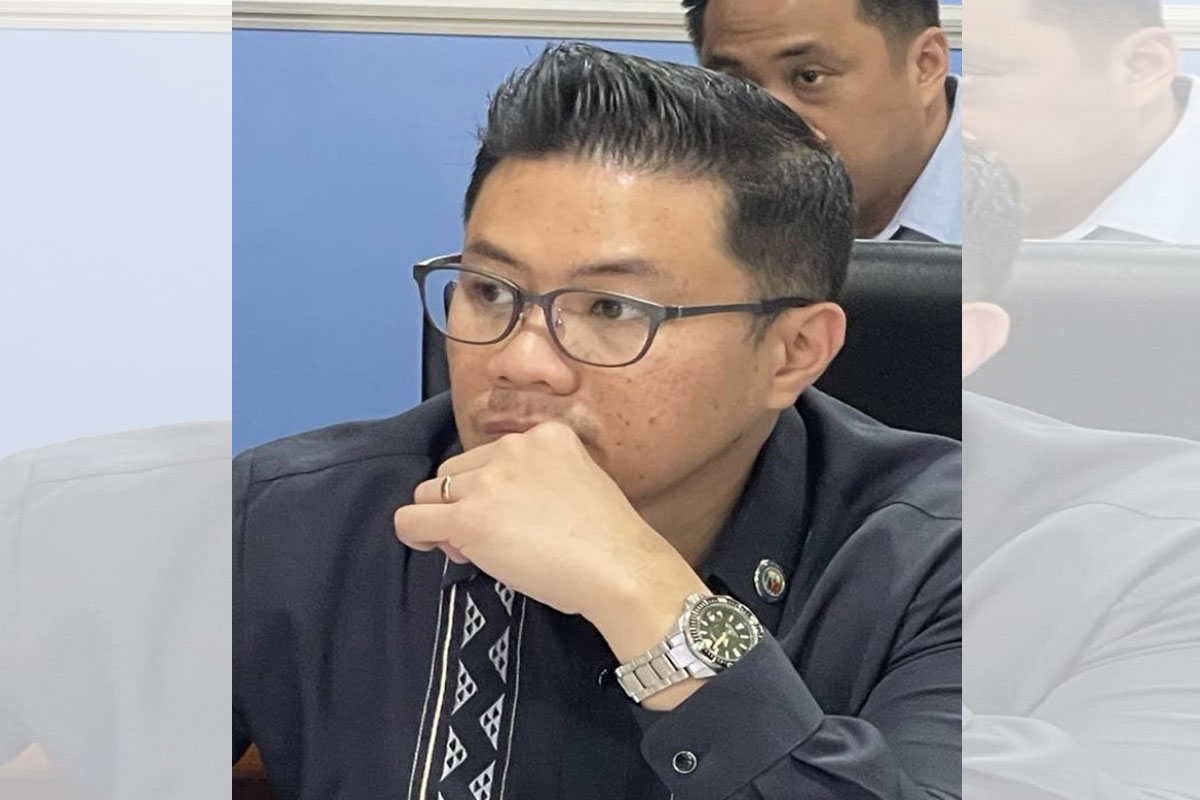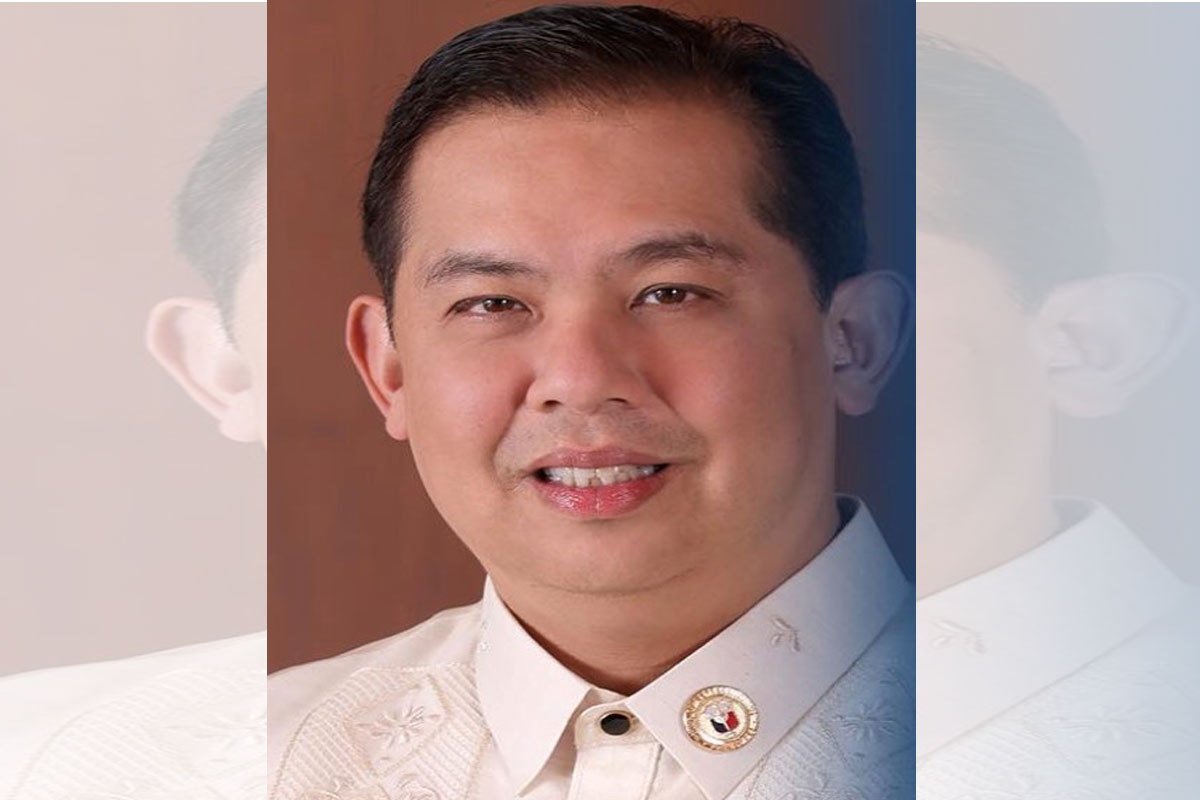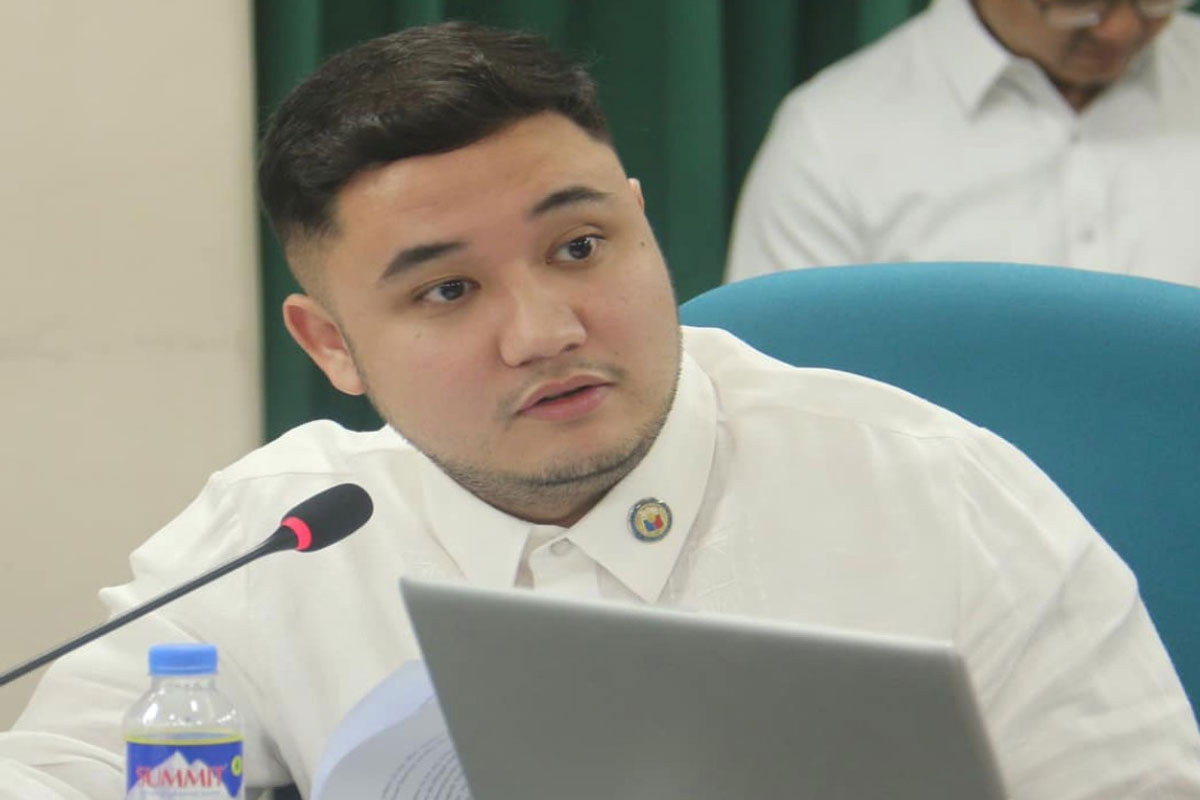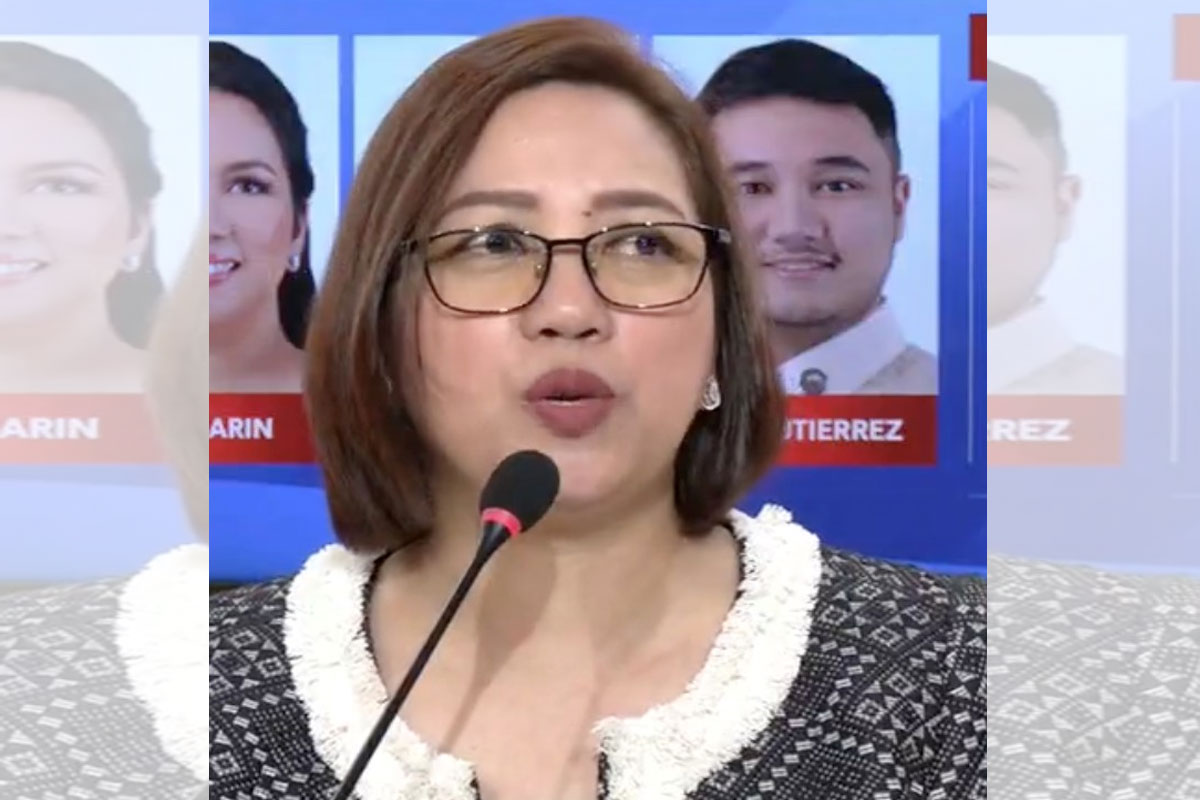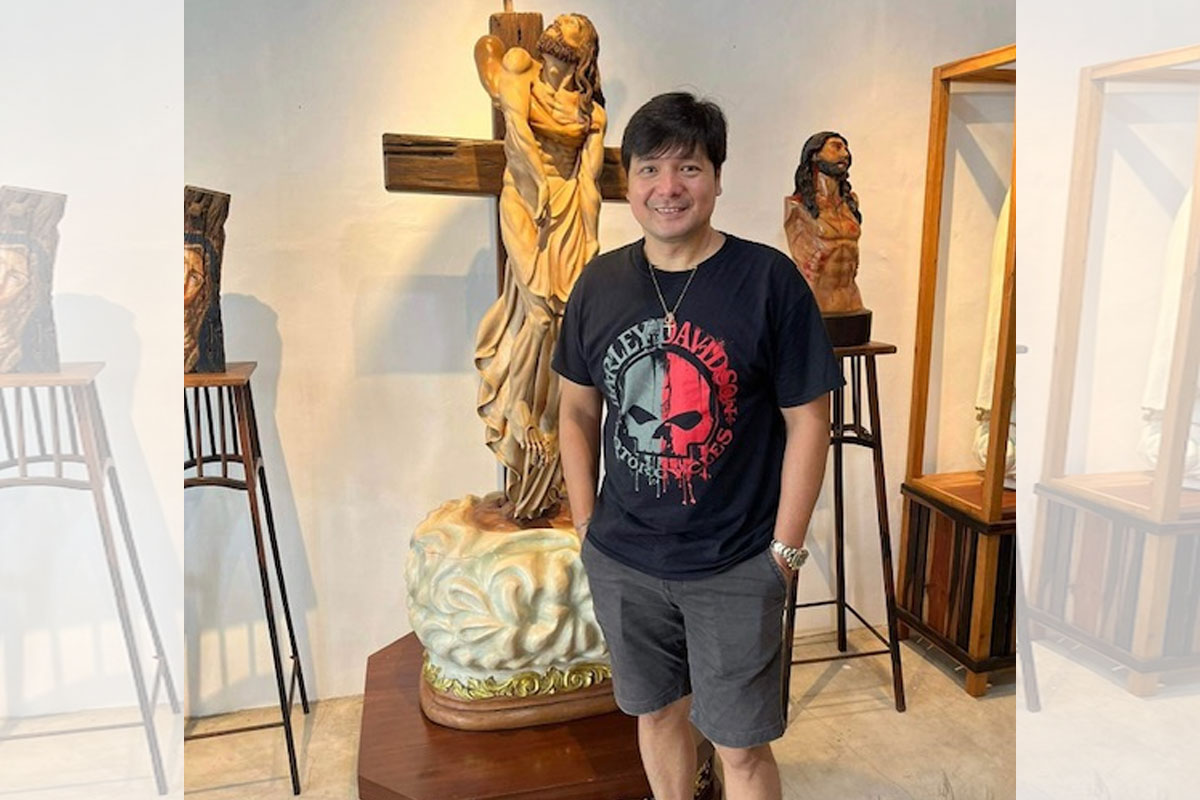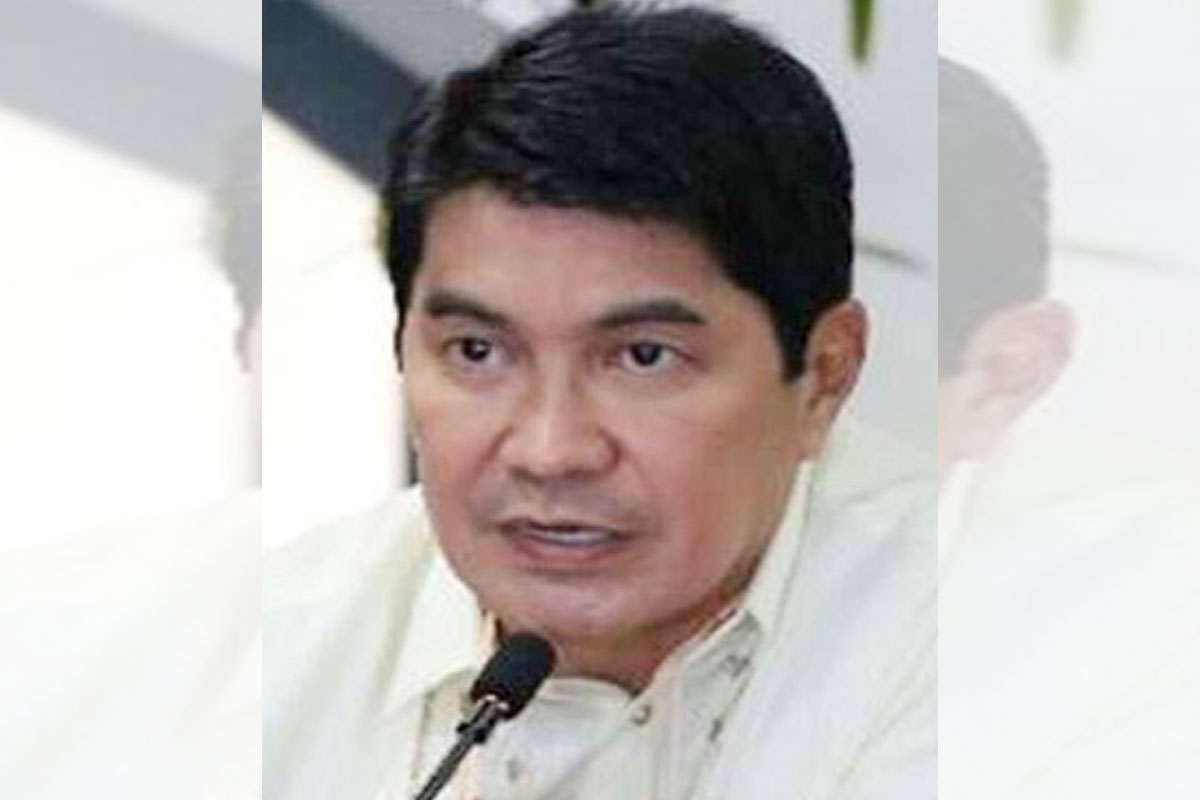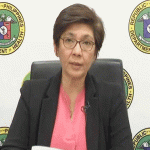
Solons: Countryside docs, CHED could help break impasse on bill to replace Medical Act of 1959
TWO ranking members of the House of Representatives have proposed solutions to the impasse on proposed legislation to replace the Medical Act of 1959.
Rep. Alexie Tutor, the chairperson of the House committee on civil service and professional regulation, is asking countryside doctors in district and provincial hospitals, the “Doctors to the Barrios,” and the Commission on Higher Education for help on a negotiated consensus solution to the impasse hindering the replacement of the old Medical Act of 1959.
Rep. Rodolfo Ordanes, who is a member of the Tutor-led panel and is chairman of the House special committee on senior citizens, said, “on this matter of recognition of a national association of doctors, I am inclined to think that the model we should be looking at is the Coordinating Council of Private Educational Associations (COCOPEA), where a diverse range of different types of schools are under the COCOPEA.”
Ordanes is also a member of the House committee on higher and technical education and committee on health.”
“Right now, the PMA is not like the COCOPEA because not all physicians are covered by the PMA. The proposed Integrated National Organization of Physicians (INPOP) is, I believe, the COCOPEA-like umbrella organization that would indeed be inclusive. Automatically making all PRC physician board passers members of the PMA is not the solution for inclusivity because that would be violative of the constitutional right of freedom of association.,” Ordanes said.
“A real umbrella organization would include all the physicians who see patients, including those in remote areas and provinces with only a basic PRC physician license and who are not PMA members.,” the Senior Citizen Party-list congressman said.
NEGOTIATIONS
Rep. Alexie B. Tutor hopes “the current impasse on the proposed new professional regulation law for doctors will be resolved in the coming weeks before Congress resumes session after the summer break.”
“I am on the side of the Filipino people who deserve licensed doctors who are updated on the latest medical knowledge and practice and enabled to serve their patients, especially those in the rural areas who are the constituents of many Members of Congress,” Tutor said.
“I hope all stakeholders of our health sector realize that we all serve the people, most especially those who cannot care for themselves. For their sake and the future of our country, we need a new law governing the professional practice, education, and training of physicians. The old 1959 urgently needs replacement. We must reach common ground,” Tutor also said.
The congresswoman noted that in the most recent hearing of the House committee on civil service and professional regulation, “many of the 20% who are not members of the Philippine Medical Association are PRC-licensed doctors who practice their profession in remote areas—a situation that hampers their ability to undergo further training in medical specialties because they are immersed in the isolated communities they serve.”
“I would like to ask the Commission on Higher Education to help the committee negotiate a consensus solution to the impasse because some of the schools they regulate have access to the remote areas where the countryside doctors are. The CHED would probably be in an excellent position to talk with all parties who are not yet fully convinced of the urgent necessity to update the old 1959 law that governs physicians nationwide,” the Bohol Province congresswoman said,
“Physicians who are current and former participants in the Doctors to the Barrios program can also participate in the negotiations. Other stakeholders who can participate include municipal and provincial health officers and doctors in rural health units, district hospitals, and provincial hospitals,” she added.
Tutor hopes the negotiations “can lead to the formation of an organization that can represent the interests of many of the 20% unaffiliated doctors, that could help us also make some forward strides to enabling better access for them.”


